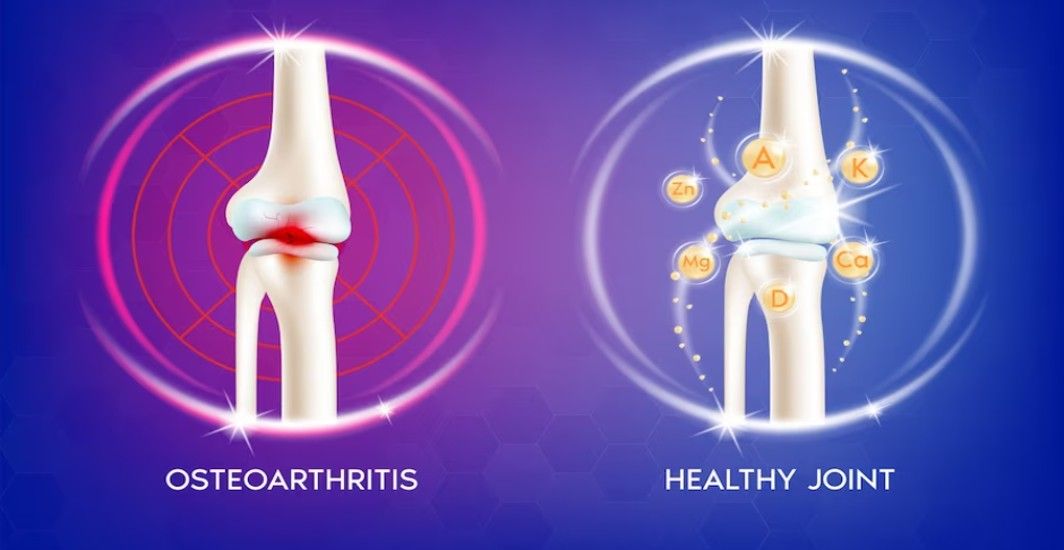Diabetes Management
Can Giloy Help in Diabetes Management?
2 min read
By Apollo 24|7, Published on - 06 December 2023, Updated on - 22 February 2024
Share this article
0
0 like
_0.jpg?tr=q-80)
Giloy also known as Guduchi, has great significance in traditional Ayurvedic medicine for its diverse health benefits. Among its numerous therapeutic properties, emerging research suggests that giloy may play a role in controlling diabetes. Let’s dive deeper to understand how Giloy can help in diabetes management.
Regulating Blood Sugar Levels
Giloy is believed to have hypoglycemic properties, aiding in the reduction of blood sugar levels. Active compounds in giloy may contribute to increased insulin sensitivity, facilitating better glucose utilisation by cells.
Anti-Inflammatory Action
Chronic inflammation is linked to insulin resistance, a key factor in diabetes. Giloy possesses potent anti-inflammatory properties that may help mitigate inflammation, potentially improving insulin sensitivity and supporting overall metabolic health.
Enhancing Immune Function
Diabetes can compromise the immune system, making individuals more susceptible to infections. Giloy is known for its immunomodulatory effects, bolstering the immune system and promoting overall well-being.
Antioxidant Benefits
Oxidative stress is heightened in diabetes, contributing to complications. Giloy's antioxidant properties combat oxidative stress, potentially reducing the risk of diabetic complications related to free radical damage.
Liver Protection
The liver plays a crucial role in glucose metabolism. Giloy is believed to have hepatoprotective effects, safeguarding the liver and promoting optimal functioning. A healthy liver contributes to better blood sugar regulation.
Stress Management
Stress can adversely impact blood sugar levels. Giloy has adaptogenic properties, helping the body adapt to stressors and potentially preventing stress-induced spikes in blood glucose.
How to Incorporate Giloy
If you also wish to incorporate giloy in your diabetes care plan, there are a few things you should take into consideration.
Consult with Healthcare Provider
Before incorporating giloy into a diabetes management plan, it's crucial to consult with a healthcare provider. They can provide personalised guidance based on individual health conditions and medications.
Herbal Formulations
Giloy is available in various forms, including powders, capsules, and extracts. Ayurvedic practitioners often recommend specific formulations tailored to individual needs.
Traditional Preparation
Some individuals prefer traditional methods of preparing giloy, such as decoctions or infusions. These preparations can be made by boiling giloy stems in water and consuming the resulting liquid.
Conclusion
While giloy shows promise in supporting diabetes management, it's essential to approach its use with caution and under professional guidance. Incorporating giloy as part of a holistic diabetes care plan, alongside a healthy lifestyle and medical recommendations, may contribute to improved well-being.
You can also try Apollo 24|7’s Diabetes Self-Management Tool to log your sugar values, track patterns, know all about food nutrition and more.
Diabetes Management
Consult Top Diabetologists
View AllLeave Comment
Recommended for you

Diabetes Management
Navigating Osteoarthritis and Diabetes For Better Joint Health
If uncontrolled or poorly managed, diabetes can worsen osteoarthritis. Diabetes can increase inflammation, which exacerbates joint pain and AGEs. These, in turn, cause high blood sugar and speed up joint damage. Effectively managing both conditions involves a healthy diet, regular physical activity, and strict adherence to prescribed medications. This comprehensive approach helps control symptoms and improves overall quality of life.
.jpg?tr=q-80)
Diabetes Management
The Power of Plant-Based Diets in Diabetes Management
A plant-based diet could be a powerful tool in managing diabetes. It has been linked with reductions in body mass index, blood pressure, and cholesterol levels as they are rich in fibre, antioxidants, and phytochemicals. Furthermore, a diet rich in plant-based foods can lower the risk of developing diabetes and heart diseases.
%20(2).jpg?tr=q-80)
Diabetes Management
High-Fibre Foods for Diabetic Individuals
Diabetes management need not be daunting. Incorporating high-fibre foods into your diet can help effectively manage blood sugar levels. Consider enrolling in a personalised diabetes management programme such as Apollo’s Super 6 for better support and guidance on effectively managing diabetes.
Subscribe
Sign up for our free Health Library Daily Newsletter
Get doctor-approved health tips, news, and more.
Visual Stories

8 Fruits That are Incredibly Healthy for Diabetes
Tap to continue exploring
Recommended for you

Diabetes Management
Navigating Osteoarthritis and Diabetes For Better Joint Health
If uncontrolled or poorly managed, diabetes can worsen osteoarthritis. Diabetes can increase inflammation, which exacerbates joint pain and AGEs. These, in turn, cause high blood sugar and speed up joint damage. Effectively managing both conditions involves a healthy diet, regular physical activity, and strict adherence to prescribed medications. This comprehensive approach helps control symptoms and improves overall quality of life.
.jpg?tr=q-80)
Diabetes Management
The Power of Plant-Based Diets in Diabetes Management
A plant-based diet could be a powerful tool in managing diabetes. It has been linked with reductions in body mass index, blood pressure, and cholesterol levels as they are rich in fibre, antioxidants, and phytochemicals. Furthermore, a diet rich in plant-based foods can lower the risk of developing diabetes and heart diseases.
%20(2).jpg?tr=q-80)
Diabetes Management
High-Fibre Foods for Diabetic Individuals
Diabetes management need not be daunting. Incorporating high-fibre foods into your diet can help effectively manage blood sugar levels. Consider enrolling in a personalised diabetes management programme such as Apollo’s Super 6 for better support and guidance on effectively managing diabetes.


